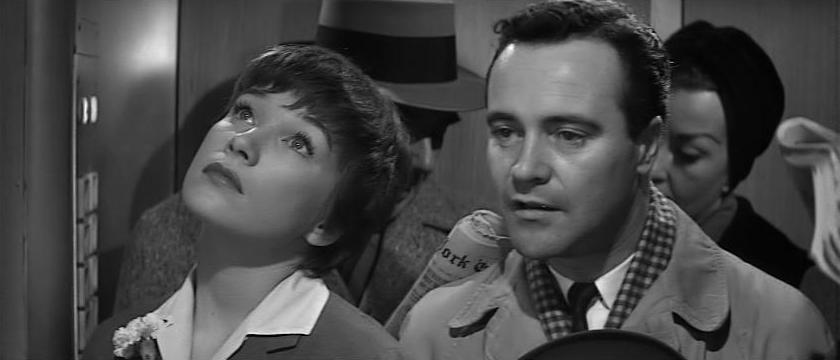| Academy Award Nominations and Winners: |
| ★ | Best Picture |
| ★ | Best Director: Billy Wilder |
| Best Actress: Shirley MacLaine |
| Best Actor: Jack Lemmon |
| Best Supporting Actor: Jack Kruschen |
| ★ | Best Original Screenplay: Billy Wilder & I.A.L. Diamond |
| Best Cinematography (Black & White): Joseph LaShelle |
| ★ | Best Art Direction (Black & White): Alexandre Trauner & Edward G. Boyle |
| ★ | Best Film Editing: Daniel Mandell |
| Best Sound: Gordon Sawyer |
|
| Golden Globe Nominations and Winners: |
| ★ | Best Picture (Musical/Comedy) |
| Best Director: Billy Wilder |
| ★ | Best Actress (Musical/Comedy): Shirley MacLaine |
| ★ | Best Actor (Musical/Comedy): Jack Lemmon |
|
| Other Awards: |
| Venice Film Festival: Best Actress (MacLaine) |
| Directors Guild of America: Best Director |
| Writers Guild of America: Best Written American Comedy |
| New York Film Critics Circle: Best Picture (tie with Sons and Lovers); Best Director (tie); Best Screenplay |
| British Academy Awards (BAFTAs): Best Picture; Best Foreign Actress (MacLaine); Best Foreign Actor (Lemmon) |

